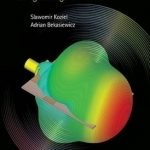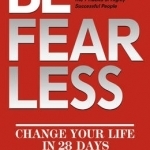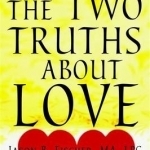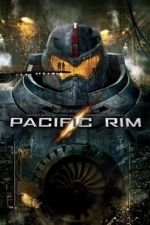
Energy Modeling and Computations in the Building Envelope
Book
Energy Modeling and Computations in the Building Envelope instills a deeper understanding of the...

Ionic Transport Processes: In Electrochemistry and Membrane Science
Kyosti Kontturi, Lasse Murtomaki and Jose A. Manzanares
Book
Modelling of heterogeneous processes, such as electrochemical reactions, extraction, or...

Making Embedded Systems: Design Patterns for Great Software
Book
Eager to develop embedded systems? These systems don't tolerate inefficiency, so you may need a more...

Multi-Objective Design of Antennas Using Surrogate Models
Book
This book addresses computationally-efficient multi-objective optimization of antenna structures...
Superherbs
Book
Superfoods have had their day. Now superherbs, or adaptogens, are on every health cognoscenti's...

Be Fearless: Change Your Life in 28 Days
Jonathan Alpert and Alison Bowman
Book
Psychotherapist Jonathan Alpert wants readers to know one thing: you can face your fear and create...

Two Truths About Love: The Art and Wisdom of Extraordinary Relationships
Book
Some relationships remain unchanged, others fall apart, and others seem to thrive and grow as the...

Managing Built Heritage: The Role of Cultural Values and Significance
Derek Worthing and Stephen Bond
Book
This new edition examines management of built heritage through the use of values-led decision...
ClareR (6054 KP) rated The City Changes Its Face in Books
Oct 14, 2025
This is the sequel to The Lesser Bohemians - which I haven’t read. I didn’t feel that I needed to have read it to understand this book, but I will go back and read it, based on how much I enjoyed this.
The style of writing feels experimental, especially when we experience a lengthy description of a film that Stephen makes from the perspective of Eily watching it (I wished I could watch it too).
Obviously, it could be argued that I’ve started my Eimear McBride reading experience in the wrong place, but at least I have somewhere to go next! This novel really made me want to catch up with her previous work.
Awix (3310 KP) rated Pacific Rim (2013) in Movies
Feb 25, 2018
Anyway: big monsters lumber out of the sea, get smacked in the mouth by giant robots. Story isn't really anything special, but the background details of this slightly cartoony world are engaging, as are some of the supporting performances. Film subscribes to the prevailing American dogma, which is that giant monster fights must take place at night and preferably in bad weather: apparently this makes them much more believable. The Hong Kong battle is terrific, the others not so much. In the end I think the premise of this movie is really much better than the way it is realised; maybe the sequel will address some of the shortcomings here.


